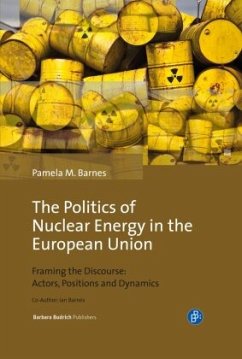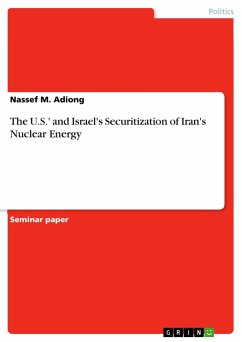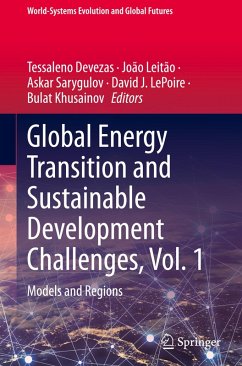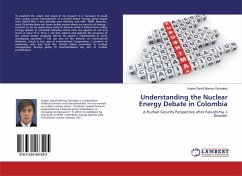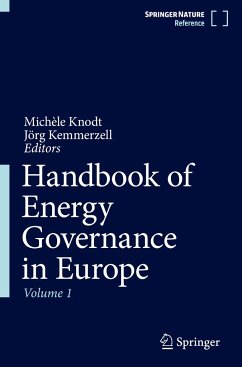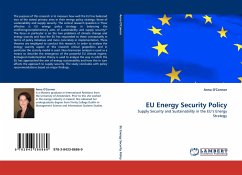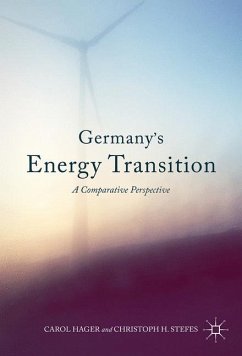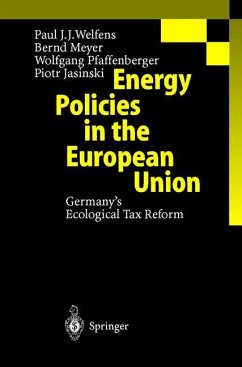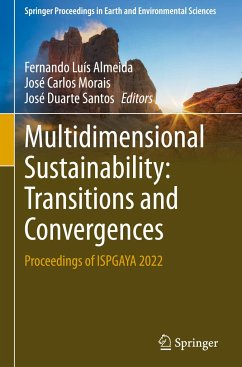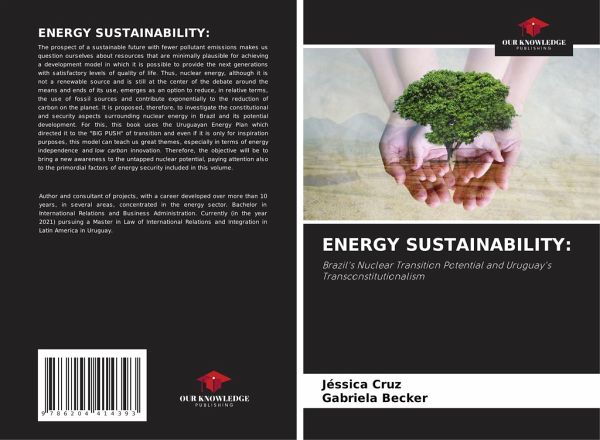
ENERGY SUSTAINABILITY:
Brazil's Nuclear Transition Potential and Uruguay's Transconstitutionalism
Versandkostenfrei!
Versandfertig in 6-10 Tagen
29,99 €
inkl. MwSt.

PAYBACK Punkte
15 °P sammeln!
The prospect of a sustainable future with fewer pollutant emissions makes us question ourselves about resources that are minimally plausible for achieving a development model in which it is possible to provide the next generations with satisfactory levels of quality of life. Thus, nuclear energy, although it is not a renewable source and is still at the center of the debate around the means and ends of its use, emerges as an option to reduce, in relative terms, the use of fossil sources and contribute exponentially to the reduction of carbon on the planet. It is proposed, therefore, to investi...
The prospect of a sustainable future with fewer pollutant emissions makes us question ourselves about resources that are minimally plausible for achieving a development model in which it is possible to provide the next generations with satisfactory levels of quality of life. Thus, nuclear energy, although it is not a renewable source and is still at the center of the debate around the means and ends of its use, emerges as an option to reduce, in relative terms, the use of fossil sources and contribute exponentially to the reduction of carbon on the planet. It is proposed, therefore, to investigate the constitutional and security aspects surrounding nuclear energy in Brazil and its potential development. For this, this book uses the Uruguayan Energy Plan which directed it to the "BIG PUSH" of transition and even if it is only for inspiration purposes, this model can teach us great themes, especially in terms of energy independence and low carbon innovation. Therefore, the objective will be to bring a new awareness to the untapped nuclear potential, paying attention also to the primordial factors of energy security included in this volume.



